

Publications Regarding Appointing Judges
Articles

Arab Representation in the Judiciary is Under Threat
Written By: Adv. Lital Piller
By shifting power from professional bodies to political appointees the new law restructuring the Judicial Selection Committee is likely to reduce Arab representation and exacerbate their exclusion.

Exploiting the Public's Distraction to Pursue the Judicial Overhaul
Written By: Dr. Guy Lurie
Amidst the return to fighting in Gaza, the Minister of Justice is taking advantage of the public's eye being off the ball to hastily overhaul Israel's judicial system.

Israel’s Renewed Judicial Overhaul
Written By: Prof. Yuval Shany, Prof. Amichai Cohen
The battle over Israel’s legal system has resumed, threatening judicial independence.

A Chief Justice Under Attack
Written By: Prof. Suzie Navot
While the selection of Justice Amit as President of the Supreme Court was done in accordance with the relevant legislation, the Justice Minister has declared the procedure "fundamentally improper and illegal." His refusal to recognize the selection creates a precedent that may lead to the deterioration of the authority of other institutions. This is what the beginning of a constitutional crisis looks like.

What is the Significance of the Justice Minister’s Declaration that he Will Not Cooperate with the President of the Supreme Court?
Written By: Dr. Guy Lurie
The lack of cooperation between the Minister of Justice and the President of the Supreme Court has numerous consequences that will, among other things, harm the services provided by the judiciary to the citizens of Israel.

A Legitimate Supreme Court President
Written By: Dr. Guy Lurie
Following Justice Isaac Amit's selection as Supreme Court President, Minister of Justice Levin immediately declared he would refrain from any collaboration between them, describing the selection process as unlawful. This announcement is both factually incorrect and a serious dereliction of his duties.

Explainer: Appointment of the President of the Supreme Court
Written By: Dr. Guy Lurie
How is the Chief Justice in Israel selected, what is the principle of seniority and how does this compare internationally? Dr. Guy Lurie explains the roles and responsibilities of the Chief Justice, an issue that is currently at the heart of a dispute between the Minister of Justice and the Courts.

Understanding the Supreme Court's Ruling: Selection of the Supreme Court President
Written By: Dr. Guy Lurie
The Israeli Supreme Court recently issued a pivotal ruling, instructing the Minister of Justice to convene the Judicial Selection Committee and select a new President of the Supreme Court. This decision come after nearly a year in which this permanent position has remained vacant.

Three Supreme Court Justices on Israel's Judicial Overhaul
Three former supreme court justices from Israel, the United States, and Canada—Dorit Beinisch (Israel), Stephen Breyer (US), and Rosalie Abella (Canada)— assembled at the 92nd Street Y in New York for a timely conversation on the complex legal and political drama unfolding in Israel.
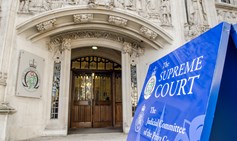
Appointment of Judges to High Courts in Democratic Countries: A Comparative Study
Written By: Prof. Amichai Cohen, Dr. Guy Lurie
The research examined 42 countries included all the OECD member states along with other leading democratic countries.

Statement by the Israel Democracy Institute on the Prime Minister’s Decision to Suspend the Judicial Overhaul
The temporary suspension of the judicial overhaul provides an opportunity for the Prime Minister, as well as the leaders of the coalition and the opposition, to turn this crisis into a historic constitutional opportunity.

No Other Democracy in the World
"“In Ireland we have a judicial appointment commission which is mixed, but there are no politicians on the commission and there never has been.” Alan Shatter, Former Minister for Justice, Equality and Defense (Ireland)

There’s no ‘compromise’ in the coalition’s play for unlimited power
Written By: Prof. Suzie Navot
Slowing the overhaul is a sham. It’s still a hostile takeover of the Supreme Court and its ability to restrain the coalition

Statement by the Israel Democracy Institute on President Herzog’s Proposal
The Israel Democracy Institute congratulates President Isaac Herzog on his extraordinary efforts. While the President’s plan contains some problematic elements, if it were to be adopted in its entirety as a package, we would support it because it safeguards our democracy and bolsters key elements of our constitutional foundations.

The Levin-Rothman plan 101 (yes, this will be on the test)
Written By: Dr. Dana Blander
Some actual facts for college and university students whose teachers are under attack for teaching actual facts

We Already Know the Future of Israel’s Courts. It’s Not Good.
Written By: Dr. Guy Lurie
Rabbinical courts, where appointments are based on political loyalty, offer a cautionary model of a judicial nightmare

The Fight Over Judicial Appointments in Israel
Written By: Prof. Amichai Cohen, Prof. Yuval Shany
Since 1953, judicial appointments in Israel have been made through a Judicial Selection Committee in which legal professionals—judges and lawyers—are in the majority and politicians in the minority. The new Israeli government’s plans for legal reform turn this system on its head and allow the coalition to fully control appointments to all parts of the judiciary, thus consolidating its dominant position in all three branches of government.
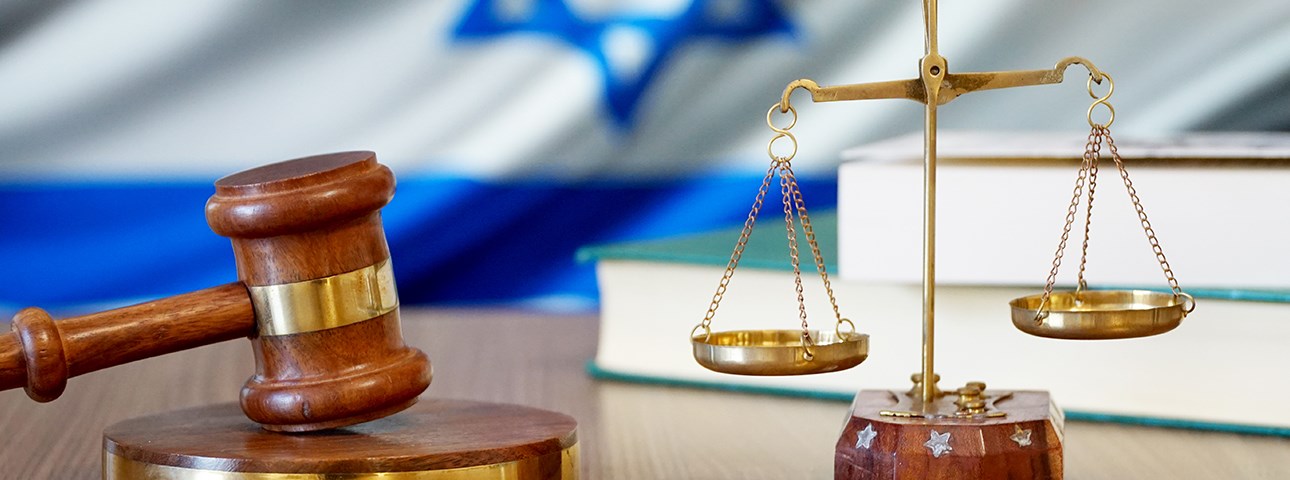
Reversing the ‘Constitutional Revolution’
Written By: Prof. Amichai Cohen, Prof. Yuval Shany
The second article in this series describes in depth how the Supreme Court used its authority, why it encountered a backlash, and what current proposals to limit the power of the Court to exercise judicial review over Knesset legislation look like.
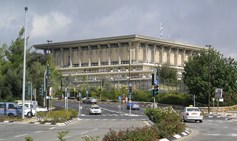
The New Israeli Government’s ‘Constitutional Law Reforms’: Why now? What do they mean? And what will happen next?
Written By: Prof. Amichai Cohen, Prof. Yuval Shany
Political discontent with the power relationship between the judiciary and the political branches has been percolating since the 1990s, often in connection with criminal proceedings against senior politicians. Prof. Amichai Cohen and Dr. Yuval Shany provide context for the ongoing debate concerning recent legal developments in Israel, so that outside observers can follow them more closely.
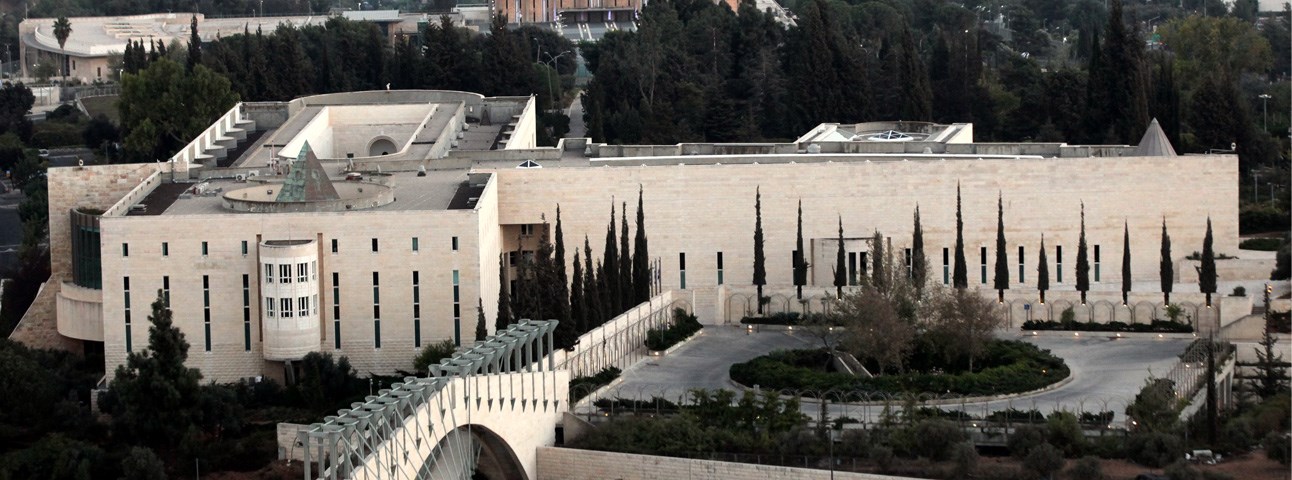
Does Israel Really Need Judicial Reform? 5 Better Ways to Fix Judiciary
Written By: Prof. Suzie Navot
5 other ideas for upgrading Israel's judicial system – without destroying democracy, doing away with the mechanisms for oversight of the government or harming our basic rights.

It’s Just about Unlimited Power – and Nothing Else
Written By: Prof. Suzie Navot
The recently published opinion by the Attorney General, Adv. Gali Baharav-Miara, makes clear that the proposal "reform" makes no attempt to enhance the balance among the branches of government: It is quite simply a demand for unlimited government power.

The Proposed “Reform” of the Judicial System Poses Risk to the Israeli Economy
Written By: Prof. Jacob Frenkel, Prof. Karnit Flug
Debilitating the judicial system would deal a blow to overseas investors’ motivation to invest in Israel and lead to a sharp drop in its credit rating. We need only look at the precedents of Turkey, Hungary, and Poland, to understand just how serious the threat is.

Checks and Balances: The Override Clause and Its Effect on the Three Branches of Government
Written By: Prof. Amichai Cohen
The debate surrounding the Override Clause should really focus on the disproportionate power of the Knesset and not on the power of the Supreme Court. All other democracies have structural mechanisms that limit the concentration of power in the hands of one institutions - we must create such a mechanism in Israel as well.
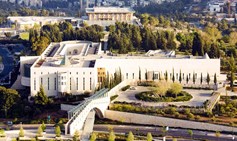
Overriding the People of Israel
Written By: Prof. Suzie Navot
If Netanyahu's new government implements its plans, human rights may soon depend on majorities. Israel's delicate political structure makes this possible.

How Israeli Judges Are Appointed: Questions and Answers
Written By: Dr. Guy Lurie
Why it is a bad idea to allow the coalition the deciding voice in the appointment of Supreme Court justices? Is it true that in Israel, judges appoint themselves? The complete guide to the impending constitutional reform.

Terms of Office of Supreme Court Justices
Written By: Dr. Guy Lurie
In Israel, judges sit on the bench until they reach the age of 70, while advocates for changing the current method of their appointment often support the idea of limiting Supreme Court judges’ tenure.
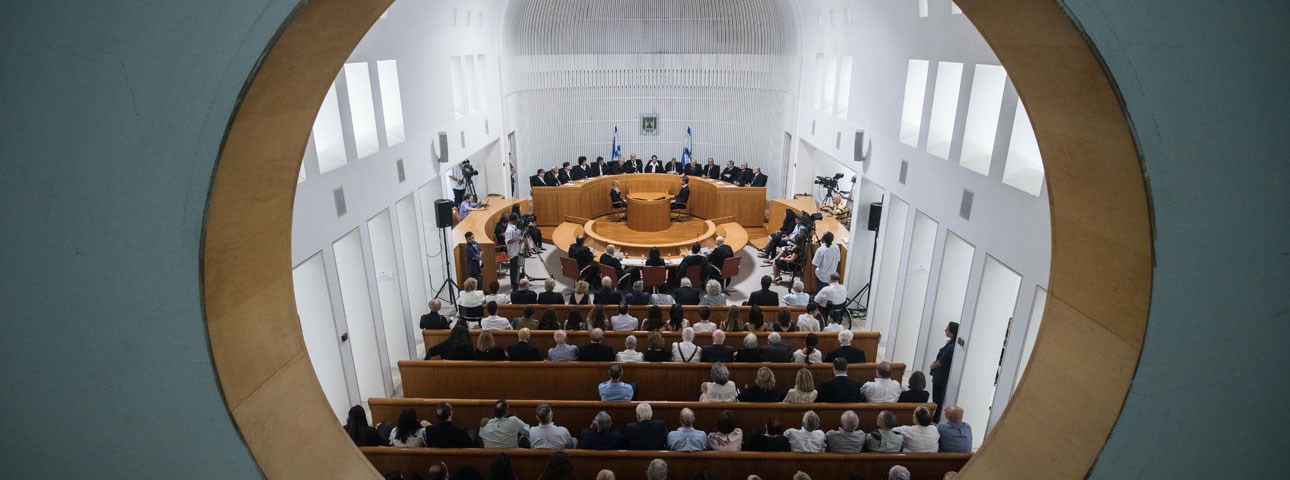
Attempts to Curtail the Supreme Court
Written By: Yohanan Plesner
The Israel Democracy Institute offers a look inside efforts to reduce politicization of Israel's Supreme Court.

A Lethal Virus
Written By: Prof. Yedidia Z. Stern
"If indeed a member of the Judicial Appointments Committee was swayed by bribes, this constitutes the deepest possible subversion of the system and its legitimacy".

The end of the delegitimization of the Supreme Court
Written By: Prof. Yedidia Z. Stern
“The campaign to remake the Supreme Court has been completed” said Justice Minister Shaked - so now with its new and more conservative profile, there is no longer any justification for the delegitimization of the Supreme Court.

IDI Scholars Respond to Bill to Cancel Supreme Court Seniority System
The Israel Democracy Institute responded Thursday to the proposed bill to cancel the seniority system and deferral of deliberations on choosing Esther Hayut as the president of the Supreme Court, saying such steps harm the basic principles of the work of the judicial branch.

What these Conservative Supreme Court Justices Won’t Do
Written By: Prof. Yedidia Z. Stern
The four new Judicial Appointments Committee selections to the Supreme Court last month have led to the usual partisan responses, breaking down along the lines of “winners” and “losers.” Despondent claims of an “anti-constitutional revolution” are being made simultaneously with celebratory assertions of “making history.” The facts, however, are quite different.
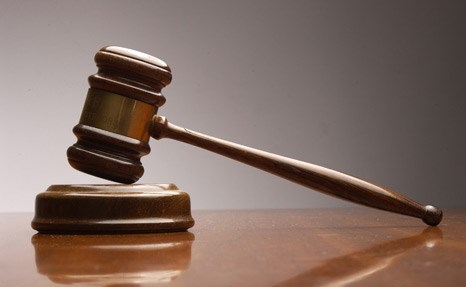
Judicial Appointment Highlights Dramatic Changes Among Israeli Haredim
Written By: Prof. Yedidia Z. Stern
Earlier this month, change snuck in through the back door of Israel's court system when Israel’s first ultra-Orthodox judge was appointed. This article was first published by the Jewish Press.

Neeman's "Jewish Poker" Game
Written By: Dr. Amir Fuchs, Prof. Mordechai Kremnitzer
Prof. Mordechai Kremnitzer and Attorney Amir Fuchs explain why they see the "Bar Association Bill" as undermining the rule of law. This bill would change the way that the Bar Association's representatives to the Judicial Appointments Committee are selected, and would apply retroactively.

The Knesset Failed to Choose Two Representatives. What Happens Now?
Written By: Dr. Guy Lurie
The Knesset voted for its representatives on the judicial selection committee. This is the first time it was not able to elect two representatives, leading to a second round of votes in the next 30 days.

